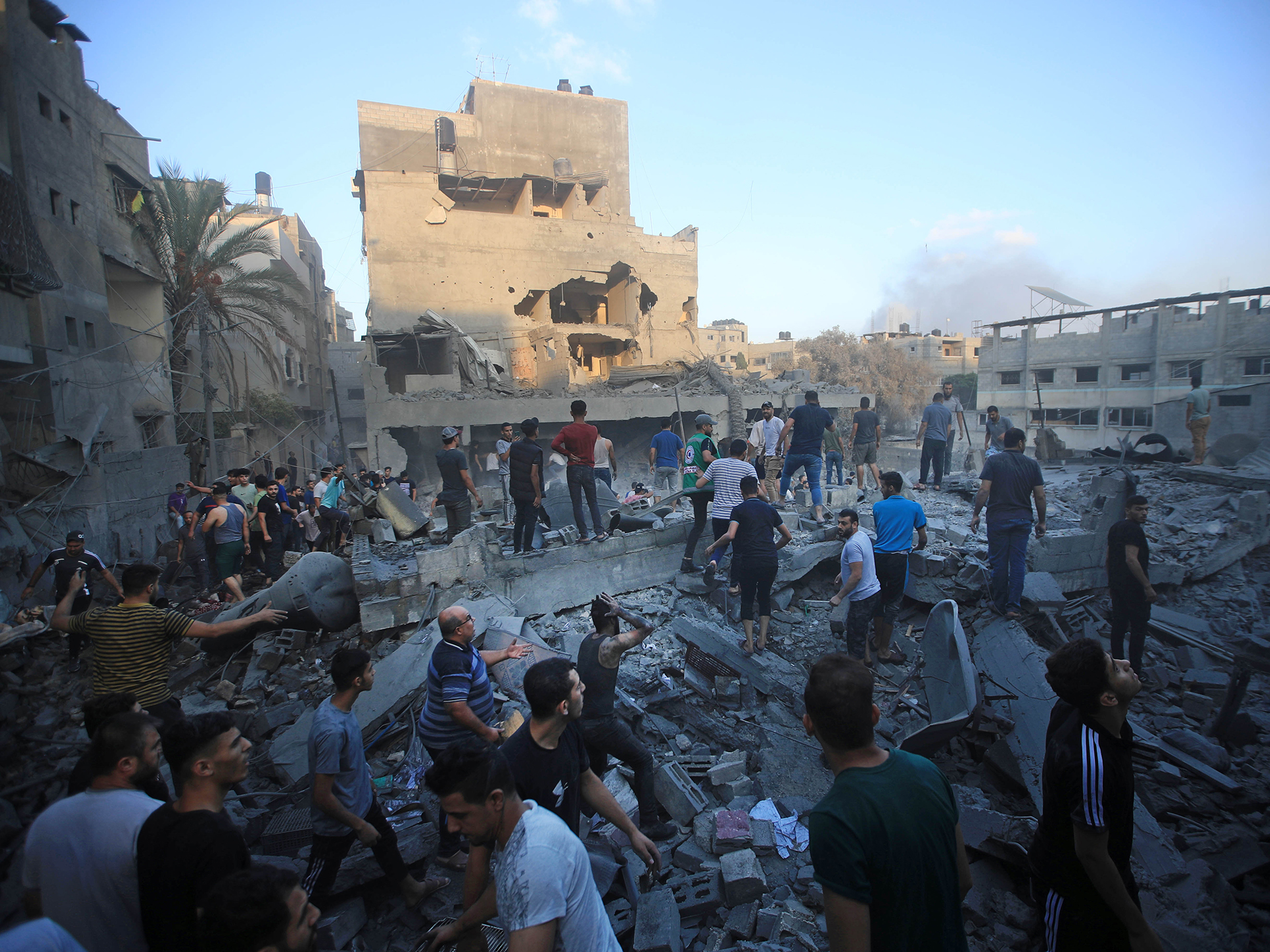JERUSALEM, Monday, October 28, 2019 (WAFA) - Two-thirds (66%) of applications in September by Gaza patients to cross Beit Hanoun/Erez checkpoint for treatment outside the besieged Gaza Strip were for appointments in East Jerusalem hospitals, according to the monthly report by the World Health Organization (WHO) on referral of Gaza patients, despite these hospitals’ crippling financial crisis.
More than a fifth (23%) for West Bank hospitals, 11% for Israeli hospitals, and three applications were for patients with appointments to Jordanian hospitals, it added.
A total of 32% of the patient applications were for appointments at Augusta Victoria Hospital and 27% for Makassed Hospital, both in East Jerusalem, which have been complaining of serious shortage in funds due to delay in payments by the Palestinian Authority (PA) for referred patients.
Prime Minister Mohammad Shtayyeh, and following an emergency meeting yesterday with his ministers of finance and health, announced immediate transfer of 25 million Israeli shekels ($7 million) to Augusta Victoria Hospital to help it to buy medicine for its cancer patients after the hospital said it ran out of the medicine. The hospital says the PA owes it 200 million shekels.
According to the WHO report, the top five specialties accounted for 67% of permit applications were oncology (34%); hematology (10%); pediatrics (9%); cardiology (8%); and orthopedics (6%). The remaining 33% were for 25 other specialties.
It said there were 1,916 patient applications to cross Erez for healthcare in September. Almost a third (31%) were for children under 18 and 17% were for patients aged 60 years or older, while 92% were for healthcare funded by the Palestinian Ministry of Health.
The report said that 1,170 (593 male; 577 female), or 61% of the 1,916 applications to cross Erez in September, were approved by the Israel military. This approval rate is 5% lower than the average so far for 2019, said WHO. A third (33%) of permits approved were for children under 18 and a fifth (20%) were for patients aged 60 years or older.
It said that 220 patient applications (127 male; 93 female), or 11% of the total, were denied permits to cross Erez for healthcare in September. Those denied included 52 children under 18 and 20 patients aged 60 years or older. More than a fifth (22%) of denied applications were for cancer care (oncology), 15% for orthopedics, 8% for cardiology, 7% for ophthalmology, 6% for hematology, and 6% for urology.
According to the report, 90% of denied permit applications were for appointments at hospitals in the West Bank, including East Jerusalem.
A total of 526 patient applications (300 male; 226 female), or 27% of the total, were delayed access to care, receiving no definitive response to their application by the date of their hospital appointment, said the report. Of these, 153 applications were for children under the age of 18 and 61 applications were for patients aged 60 years or older. More than a quarter (28%) of those delayed had appointments for cancer care (oncology), 11% for hematology, 8% for ophthalmology, 7% for cardiology, 7% for pediatrics, and 5% for nuclear medicine. The remaining 34% were for 20 other specialties. The majority of delayed applications (459 or 87%) were ‘under study’ at the time of appointment.
In September, 12 (10 male; 2 female) patients aged 18-60 years were called for security interrogation as a prerequisite to processing their permit applications, the highest number of patients requested for security interrogation in any month for more than a year, said the WHO report. Four had appointments for oncology, two for nuclear medicine, and one each for neurology, general surgery, hematology, internal medicine, orthopedics, and vascular surgery. Five patients were subsequently denied permits to access healthcare and seven were delayed, receiving no definitive response to their applications by the date of their hospital appointments.
WHO said that out of 591 patient applications to Israeli authorities for permits to access healthcare through Erez/Beit Hanoun crossing by those injured during the Great March of Return demonstrations since 30 March 2018, only18% (104) were approved, 27% (161) were denied and 55% (326) were delayed.
In addition, 985 patient companion applications (47% of the total) were approved in September, 360 applications (17%) were denied and the remaining 755 (36%) were delayed, receiving no definitive response by the time of the patient’s appointment. These applications include parents or other companions applying to accompany children. Only one companion is allowed to accompany each Gaza patient.
M.K.










